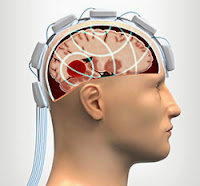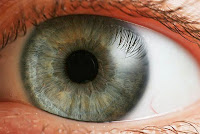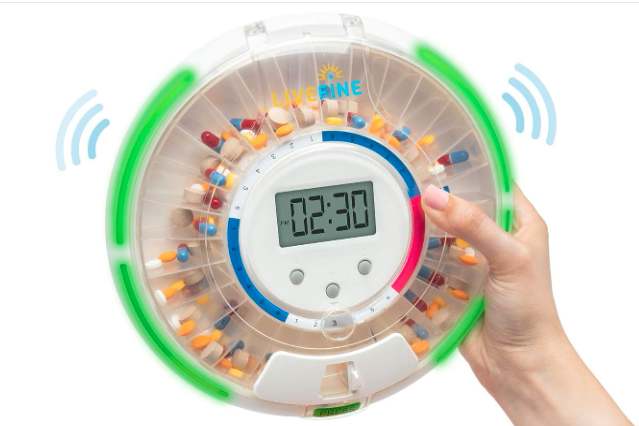
Alzheimer’s Blood Test: Autumn Availability for Researchers
This fall, NanoSomiX will begin providing their Alzheimer’s blood test to researchers and pharmaceutical companies. Find out how the test correctly classifies 96% of Alzheimer’s

This fall, NanoSomiX will begin providing their Alzheimer’s blood test to researchers and pharmaceutical companies. Find out how the test correctly classifies 96% of Alzheimer’s

Women, even more than men, desire to know whether they have a brain disorder like Alzheimer’s. The majority of people surveyed in 10 countries said

VIDEO: Professional athlete Patrick Grange died with CTE dementia. Learn the connection between CTE dementia and activities that are hard on the head.

VIDEO & ARTICLE – ALZHEIMER’S INTERNATIONAL CONFERENCE: 4 trials unveil new successes in using eye scans and smell tests for Alzheimer’s.
VIDEO & ARTICLE: Alzheimer’s starts doing damage years before anyone notices any signs. Many doctors believe that if we could only catch it early enough,

VIDEO & ARTICLE Stroke causes vascular dementia. Strokefinder enables earlier diagnosis than current methods, improving the possibility to counteract brain damage. See how.

Alzheimer’s is the most common type of dementia, but there are many others. Should Gulf War Illness, which effects over 250,000 troops deployed in the

VIDEO+ARTICLE Cognoptix announced strong results in a clinical trial of its SAPPHIRE II eye test. It successfully identified Alzheimer’s via the human eye’s beta-amyloid signature.
VIDEO+ARTICLE Simple eye tests have the potential to transform the way Alzheimer’s is detected and managed. Find out how two quick, low-cost Alzheimer’s eye tests

VIDEO + ARTICLE Doctors think many Alzheimer’s drug trials fail because it is too late to cure the disease by the time people notice it.

Exploring evidence on rosemary and lavender scents and cognitive performance.

If you couldn’t see your mashed potatoes, you probably wouldn’t eat them. That’s why what “The Red Plate Study” found was astonishing! Alzheimer’s patients eating from red plates consumed 25 percent more food than those eating from white plates. Find out why.

Managing multiple medications can feel overwhelming. The right pill box can turn a daily challenge into a simple routine. We compare Amazon’s best pill organizers for 2025—each designed to meet different needs, from arthritis-friendly lids to monthly systems and automatic dispensers.

Dietary iron is an essential element in the brain. That’s why it is critical to understand how it affects Alzheimer’s. Researchers used advanced X-ray techniques to take a giant step forward in understanding iron chemistry in amyloid plaque, the main culprit behind Alzheimer’s. Learn more about their exciting new insights.

A deep promise to be there for an Alzheimer’s parent, this heartwarming song was written as a tribute to families facing dementia.

EMERGENCIES due to falling happen 54% more often in dementia. As a rule, 1-in-3 adults over 65 fall each year. Most falls happen at home. Make a few simple changes and prevent falls.

Researchers find education and intellectual stimulation appear to activate a genetic program in the brain that promotes resistance to cognitive decline. Find out more.
No spam, only news and updates.


